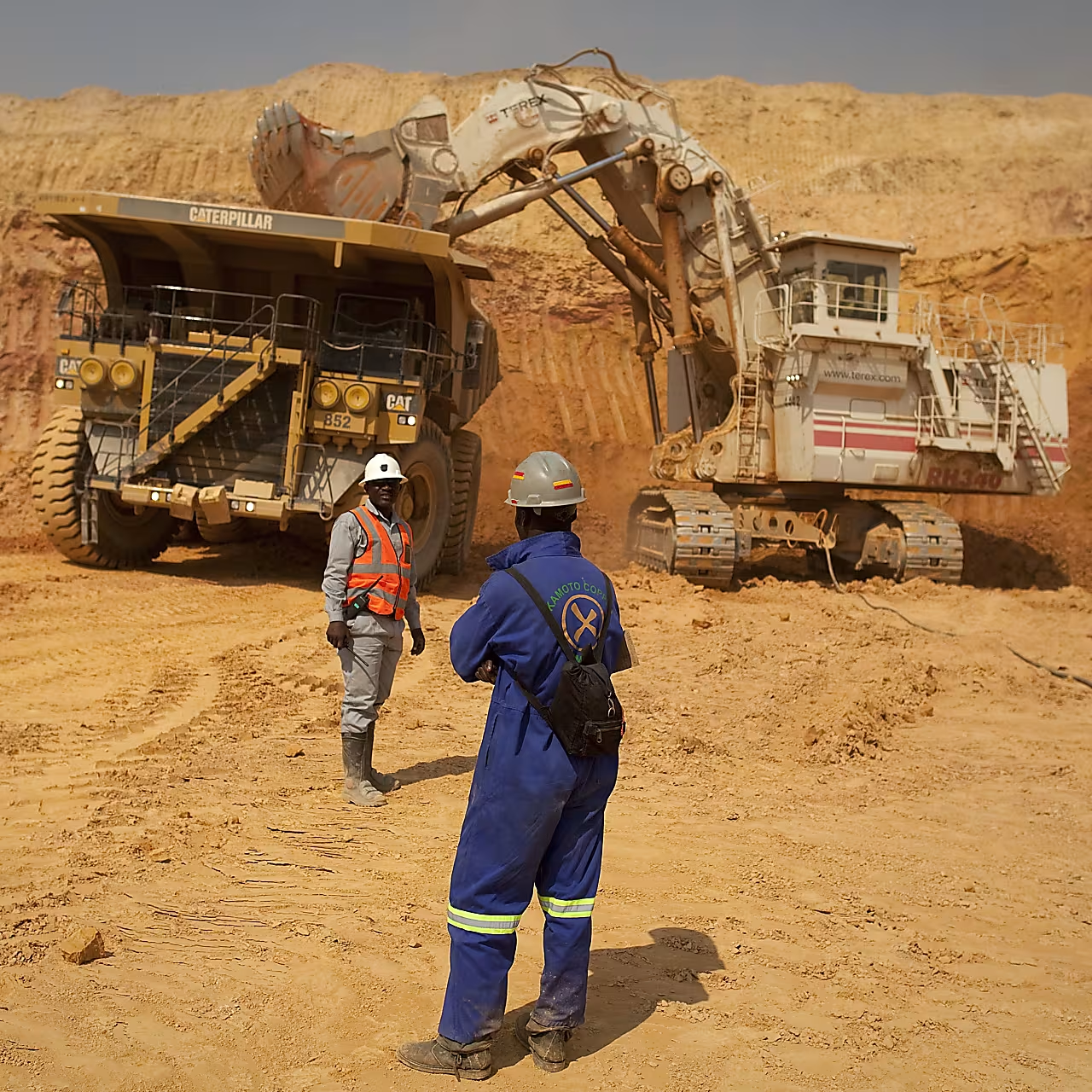West Africa, a region rich in natural resources, has seen a surge in arbitration cases involving mining companies and local governments. These disputes, often centered on contract terms, environmental obligations, and revenue sharing, highlight the complexities of operating in resource-rich but politically and economically volatile areas.
Key Drivers of Disputes
- Contractual Disagreements:
- Changes in government leadership or policy often lead to renegotiations of mining contracts, sparking disputes over royalties, taxes, and operational terms.
- Environmental and Social Commitments:
- Governments and communities are increasingly holding mining companies accountable for environmental degradation and social impact, leading to litigation when obligations are unmet.
- Revenue Distribution:
- Tensions arise over the equitable distribution of mining revenues, particularly in regions where local populations see little benefit from resource extraction.
- Resource Nationalism:
- Growing calls for increased local ownership and control of mining assets have led to contract revisions, expropriations, and legal challenges.
Role of Arbitration
Arbitration has become the preferred method for resolving disputes in West Africa’s mining sector due to its perceived neutrality and efficiency. Key aspects include:
- International Arbitration Centers:
- Cases are often heard in established centers such as the International Chamber of Commerce (ICC) or the International Centre for Settlement of Investment Disputes (ICSID).
- Bilateral Investment Treaties (BITs):
- BITs between host countries and investors frequently include arbitration clauses, providing a framework for resolving disputes.
- Neutrality and Expertise:
- Arbitration panels typically consist of legal and industry experts, ensuring fair and informed decisions.
Notable Cases and Trends
- Recent High-Profile Cases:
- Several disputes involving major mining firms and West African governments have garnered international attention, with claims often exceeding hundreds of millions of dollars.
- Shift Toward Local Content:
- Disputes are increasingly focusing on local content requirements, with governments enforcing stricter regulations to promote local employment and procurement.
- Environmental Litigation:
- Legal actions related to environmental damage and failure to fulfill social responsibility commitments are on the rise.
Implications for Stakeholders
- For Mining Companies:
- Firms must navigate complex regulatory landscapes, engage in proactive stakeholder management, and ensure compliance with contractual and environmental obligations to minimize disputes.
- For Governments:
- Transparent policies and consistent enforcement are essential to attract foreign investment while addressing local concerns.
- For Communities:
- Advocacy for equitable resource distribution and environmental stewardship is increasingly shaping policy and corporate behavior.
Strategies for Dispute Prevention
- Strengthening Contracts:
- Clear and enforceable agreements with well-defined terms can reduce ambiguity and potential for disputes.
- Enhanced Communication:
- Regular dialogue between mining companies, governments, and communities can build trust and preempt conflicts.
- Third-Party Mediation:
- Utilizing neutral mediators during contract negotiations or dispute resolution can foster cooperation and mitigate tensions.
Conclusion
The rising number of mining disputes in West Africa underscores the need for stronger governance, transparent contracts, and sustainable practices. While arbitration provides a critical avenue for resolution, preventing disputes through proactive measures will be key to fostering long-term stability and growth in the region’s mining sector.
For more information, visit Semafor.





